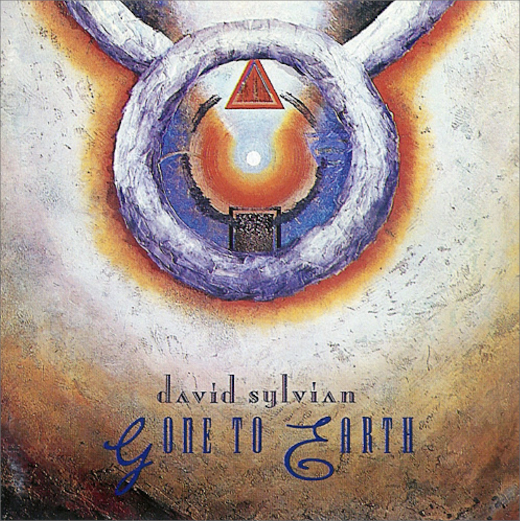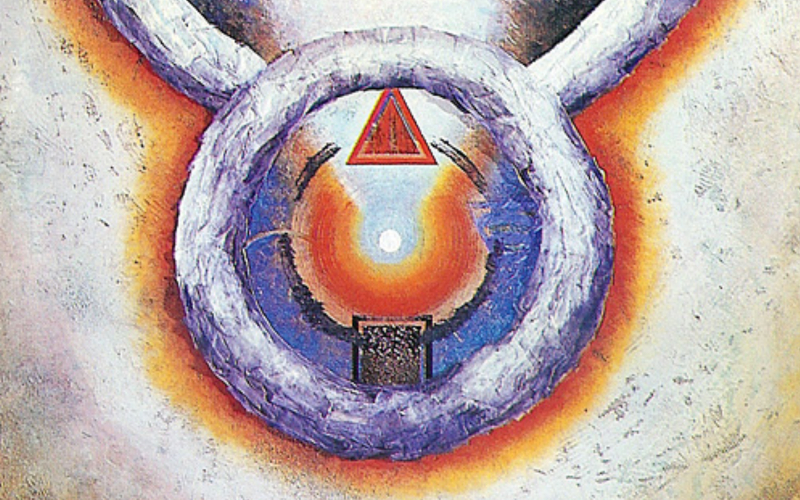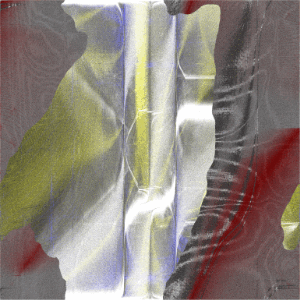With a brief look at some notables along the road, Chang Terhune’s Music Mondays aims to shed light on both new and old(er) music over a wide spectrum of sound (and vision). This week, David Sylvian.

Descending deeper into the heart of experimentation
The enigmatic singer-songwriter, artist and mystic David Sylvian celebrated his 66th birthday recently which seems like a good time to sit down with some of his music. I’ve been a fan since I first heard Japan back in the 80s. It was not long after they broke up and as a young teen I was hungry for new music. Used vinyl was plentiful then so I ventured into the legendary Johnny’s, my local record store, and bought Exorcising Ghosts (Virgin). The compilation contains songs from their albums Quiet Life, Gentlemen Take Polaroids, and Tin Drum, all released on Virgin.
Japan’s music look and music were clearly influenced by early Roxy Music, who along with The Velvet Underground launched more bands than can be counted. One can trace a very clear line in fact from Roxy Music to Japan to Duran Duran and the latter two took several elements from the former and ran with it (both Japan and Duran Duran had bass players who were arguably the best players in the band, by the way.)
Life in Tokyo — The glam-heavy stuff before Quiet Life isn’t particularly noteworthy though Life In Tokyo (Virgin) is almost an early electroclash song long before the style was conceived of or named.
“Quiet Life” from the album of the same name is a new wave classic full of snappy guitars, burbling synthesizer arpeggios and silken saxophones. Sylvia’s voice is high, almost a falsetto. The lyrics are easily written off as New Romantic, Eurotrash musings but Sylvian was already digging deeper for his ideas.
“Swing” & “My New Career” — These two tracks show off Japan’s live chops, especially Sylvain’s keyboard playing. As the announcer of this show notes they were perplexing as a band, often stumping the British music press as they weren’t just pretty boys but very talented musicians working on a level most pop acts couldn’t and never achieved.
“The Art of Parties” — On Tin Drum the band got seriously funky. After befriending Ryuchi Sakamoto and other Japanese musicians their sound evolved to incorporate many new elements including greater atmospheric synths and complex rhythm work.
Brilliant Trees — When Japan broke up in 1982, Sylvian went off to begin the first of his many solo albums. What is fascinating about Brilliant Trees (Virgin) is after the track “Pulling Punches,” Sylvian would rarely sing in his falsetto or head voice, preferring a low alto range. This begins his mystic period in my mind as his music turned well away from the pop realm to much more experimental territory. Sylvian posted this video form these sessions which is simply astounding as it includes Holger Czukay of Can and Ryuchi Sakamoto.
The title song of the album is heartbreakingly beautiful as it goes from prayer to peace to meditative.
Gone To Earth — Sylvian’s third solo album descends deeper into the heart of experimentation that began on Brilliant Trees. The musicians he enlisted for it reads like a who’s who of experimental virtuosos in their own right: Robert Fripp, Bill Nelson, Holger Czukay, Mark Isham, and Ryuchi Sakamato. Earlier in his career Sylvian had experimented with instrumental pieces as part of Japan and explored these further in his solo work starting on Brilliant Trees.
“Taking The Veil” is Sylvian’s rich blend of jazz, rock, and experimentalism turning it into a work of genius:
Also this remix is incredible if only for the isolation of the tracks giving it more space and breadth:
“Silver Moon” is perhaps my favorite song on the album Gone To Earth. I used to sing this to my daughter as a baby and it brings a tear to my eye every time I hear it. Okay, a lot of tears.
Gone to Earth’s second disc is entirely instrumental pieces, delicate and deceptively simple reflections and meditations in their own right. It’s no surprise the album is cited by many for this disc alone. All the instrumental pieces on the album are singularly incredible in their own right so choosing one to focus on is hard. “Answered Prayers” is one of the waves of sounds rolling over the listener; perfect for looped listening:
While my own tastes diverged from Sylvian’s music after Gone To Earth, I kept an ear out for new releases of his. His album with Robert Fripp yielded this banger, much harder than anything he’d done in over a decade. “Brightness Falls” is a stone cold groove.
Sylvian and Fripp toured extensively in this time. This clip is of a song actually recorded with Rain Tree Crow, a reformed Japan. It’s one that’s always been close to my heart though it’s rather sombre. Nevertheless, it’s a work of beauty.
In the early 2000’s Sylvian, freed from major label shackles, built his own studio in New Hampshire, USA and formed his label Samadhi Sound. He continued working with other artists devoted to exploring the edges of music such as Derek Bailey and Christian Fennesz. My favorite from Blemish (Samadhi Sound) is “Late Night Shopping,” which perfectly captures the liminal experience of shopping in the wee hours.
“Shadowland” from this period is so incredibly dark and beautiful like a fever dream:
It was also deftly remixed:
Sylvian formed Nine Horses with his brother Steve Jansen and Burnt Friedman (with Jake Liebzeit of CAN). It was a perfect vehicle for Sylvian, allowing for even more breadth and depth in his music. “Wonderful World” is a dark song but there’s so much beauty in that darkness.
2009’s Manafon (Samadhi Sound) is the last album of new work Sylvian has produced to date. It’s an abstract, largely improvised and sparse work with Sylvian’s voice, rasping and full, wandering over the tracks. It’s a strange work and, if it’s truly his final release, a hard one to reconcile with the man who a mere 20 years earlier was still writing mostly pop music. As a fan, I hope he returns to music though his photos and writing are exquisite.
Gone To Earth is available on Virgin. [Website]
















![Ndorfik & madebyitself :: Solos EP (People Can Listen) — [concise]](https://igloomag.com/wp/wp-content/uploads/2025/04/ndorfik-madebyitself-solos_feat-75x75.jpg)






